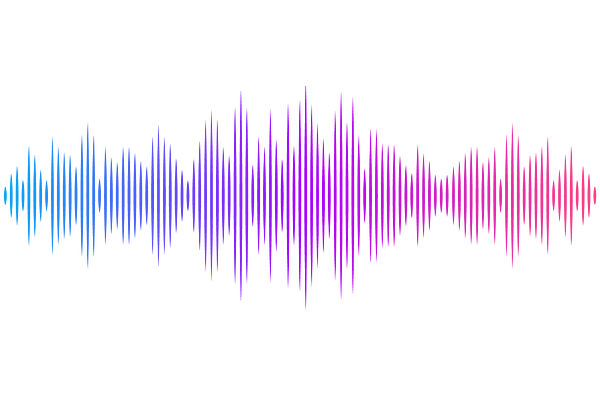A Chebyshev Confidence Guided Source-Free Domain Adaptation Framework for Medical Image Segmentation

A Chebyshev Confidence Guided Source-Free Domain Adaptation Framework for Medical Image Segmentation
Jiesi Hu, Yanwu Yang, Xutao Guo, Jinghua Wang, Ting Ma
AbstractSource-free domain adaptation (SFDA) aims to adapt models trained on a labeled source domain to an unlabeled target domain without the access to source data. In medical imaging scenarios, the practical significance of SFDA methods has been emphasized due to privacy concerns. Recent State-of-the-art SFDA methods primarily rely on self-training based on pseudo-labels (PLs). Unfortunately, PLs suffer from accuracy deterioration caused by domain shift, and thus limit the effectiveness of the adaptation process. To address this issue, we propose a Chebyshev confidence guided SFDA framework to accurately assess the reliability of PLs and generate self-improving PLs for self-training. The Chebyshev confidence is estimated by calculating probability lower bound of the PL confidence, given the prediction and the corresponding uncertainty. Leveraging the Chebyshev confidence, we introduce two confidence-guided denoising methods: direct denoising and prototypical denoising. Additionally, we propose a novel teacher-student joint training scheme (TJTS) that incorporates a confidence weighting module to improve PLs iteratively. The TJTS, in collaboration with the denoising methods, effectively prevents the propagation of noise and enhances the accuracy of PLs. Extensive experiments in diverse domain scenarios validate the effectiveness of our proposed framework and establish its superiority over state-of-the-art SFDA methods. Our paper contributes to the field of SFDA by providing a novel approach for precisely estimating the reliability of pseudo-labels and a framework for obtaining high-quality PLs, resulting in improved adaptation performance.